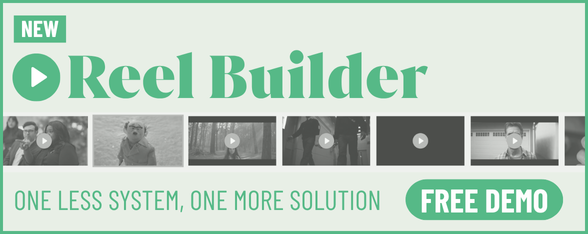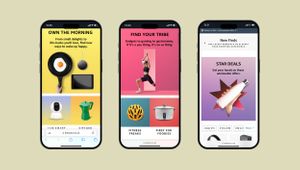
If You Want Sustainability, You Need To Embrace Honesty

For generations, advertisers have been frustrated by the ‘say-do gap’. This is the term given to the phenomenon of people proclaiming that something is important to them, yet not making it the deciding factor in what they do.
It’s a dynamic we often see play out in relation to environmental issues. Many of us will say ‘sustainability’ when asked what we deem important, yet price and convenience can still be more persuasive by the time we get to the checkout.
But advertising has its own environmental say-do gap. At this point, proclamations of ‘net-zero targets’ are about as common as voices saying not enough is being done. There’s a disconnect between the ambition of lofty targets, and the realism of converting them into results.
I don’t believe that ambition and realism need to be mutually exclusive. The missing ingredient is honesty about what achieving sustainability actually means in terms of sacrifices from a resources perspective, and transparency around the solutions which actually work.
So in that spirit, let’s start an honest conversation around sustainability. At Five by Five, we have achieved a gold EcoVadis rating - but it hasn’t been easy. We were initially awarded a silver rating in 2020 and, whilst that suggested we were making decent progress, it told us that we weren’t doing enough to hit the ambitious goals we set for ourselves.
It’s understandable why this is such a challenge for so many businesses. Reducing emissions is a process fraught with complexity and the potential for mistakes - nobody wants to be accused of greenwashing themselves. Additionally, the size of the task often involves either hiring dedicated staff - which is expensive - or assigning the responsibility to existing staff who are unlikely to find the necessary bandwidth around their day jobs.
Priorities
But here’s the thing: companies which make sustainability a true priority will find the resources to address it. And it should be a business priority. In our industry sustainability will soon be (if it isn’t already) a deciding factor in whether or not we get work. It’s a straightforward investment in the future of a business, and needs to be approached with the same rigour and ambition as any other investment. If it’s not, it won’t be effective.
It also helps to have your feet held to the fire. That’s why we decided to partner with EcoVadis ahead of other accreditation providers. Acting as independent auditors, EcoVadis don’t really care who we are and have no reason to give us an easy ride. In fact, we didn’t directly speak with anyone in order to achieve the gold rating. We simply sent them our documents and they decided whether they were good enough, accurate enough, and specific enough.
That process involved a lot of hard work in reducing our energy consumption, making sure staff were informed and buying into the initiative, and asking tough questions about our day-to-day habits as a business. We’re transparent about our results (including the areas in which we can still improve), and you can see them for yourself here.
It would be easy at this point to feel as though we’d done our bit, ticked some boxes, and were now free to move onto something else. But the reality is that sustainability is a task which will never be ‘done’. It’s become a fundamental part of our business and an ever-evolving area which requires due care, attention, and resources. We’re constantly pushing ourselves harder and using our ‘creative problem-solver’ ethos to look at new ways of doing things in this space.
As a result, we’ve recently joined The Climate Pledge and the SME Climate Hub. These bodies, alongside our supporter status of Ad Net Zero, have given us a suite of resources, tools, and governance with our journey. They also help to keep the rigour going, as you need to make formal commitments when you sign up.
So, whilst we’re aiming for carbon neutrality by 2030, we’ve additionally committed to net-zero by 2040 and joined the United Nations’ Race to Zero campaign.
Changing Hearts and Minds
As a creative agency, we’re in the business of persuasion. The truth is that our clients - brands - have real power to enact shifts in public behaviour through their communications, their values, and their own policies. But we are the ones who have the power to persuade brands about the content of those communications. In order to credibly and consistently put sustainability on the agenda, we have no option to get our own houses in order.
If it feels like there’s a movement for sustainability, that’s great. But that movement doesn’t mean much if it’s not resulting in the kind of genuine change that only intentional hard work can bring about. The truth is that there is no one-size-fits-all, copy-and-paste way to reduce emissions and become sustainable - everyone will have their own obstacles to overcome.
When you’ve taken your own responsibility, that’s when you become an authentic part of a wider movement. So let’s keep that movement going by staying honest.















